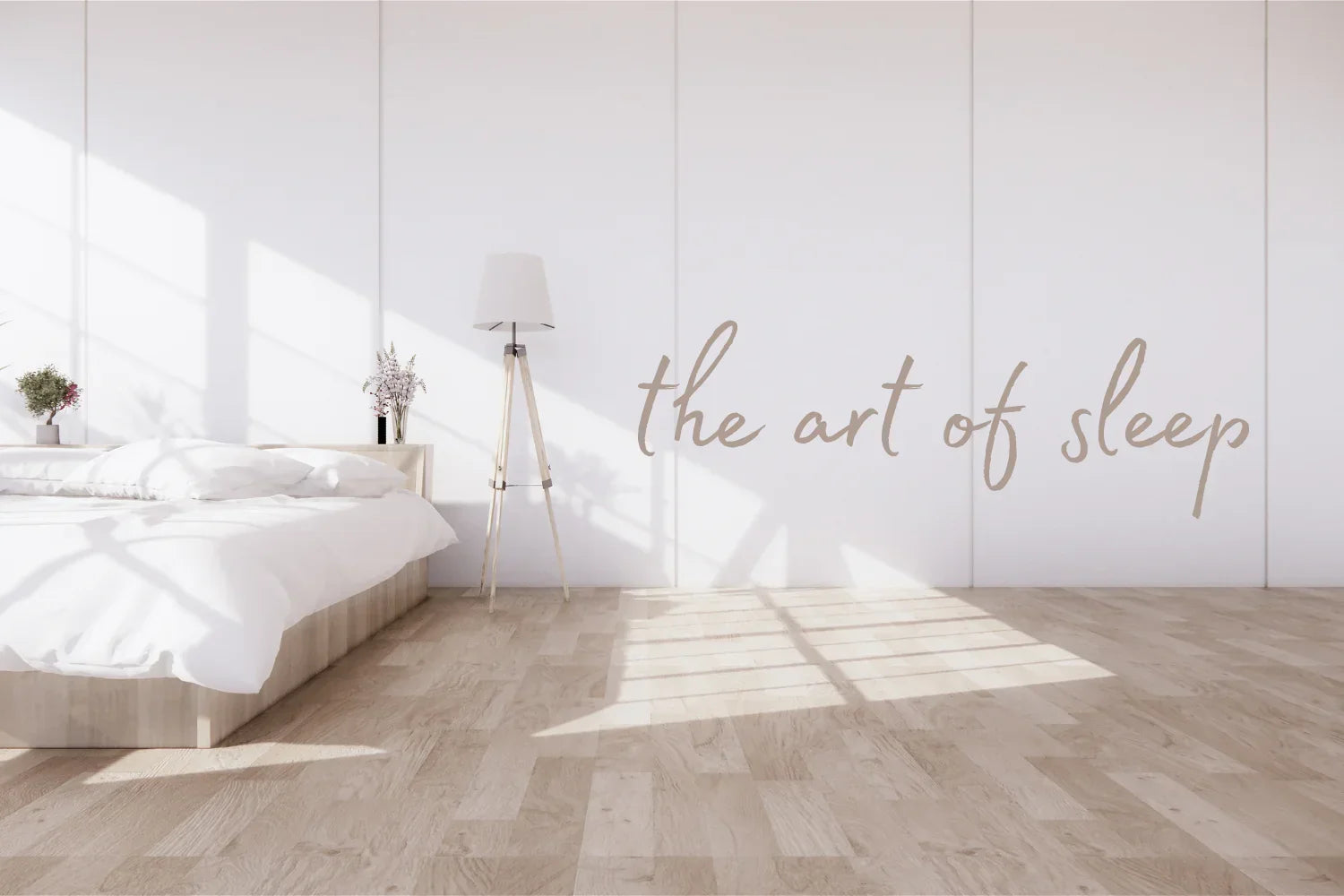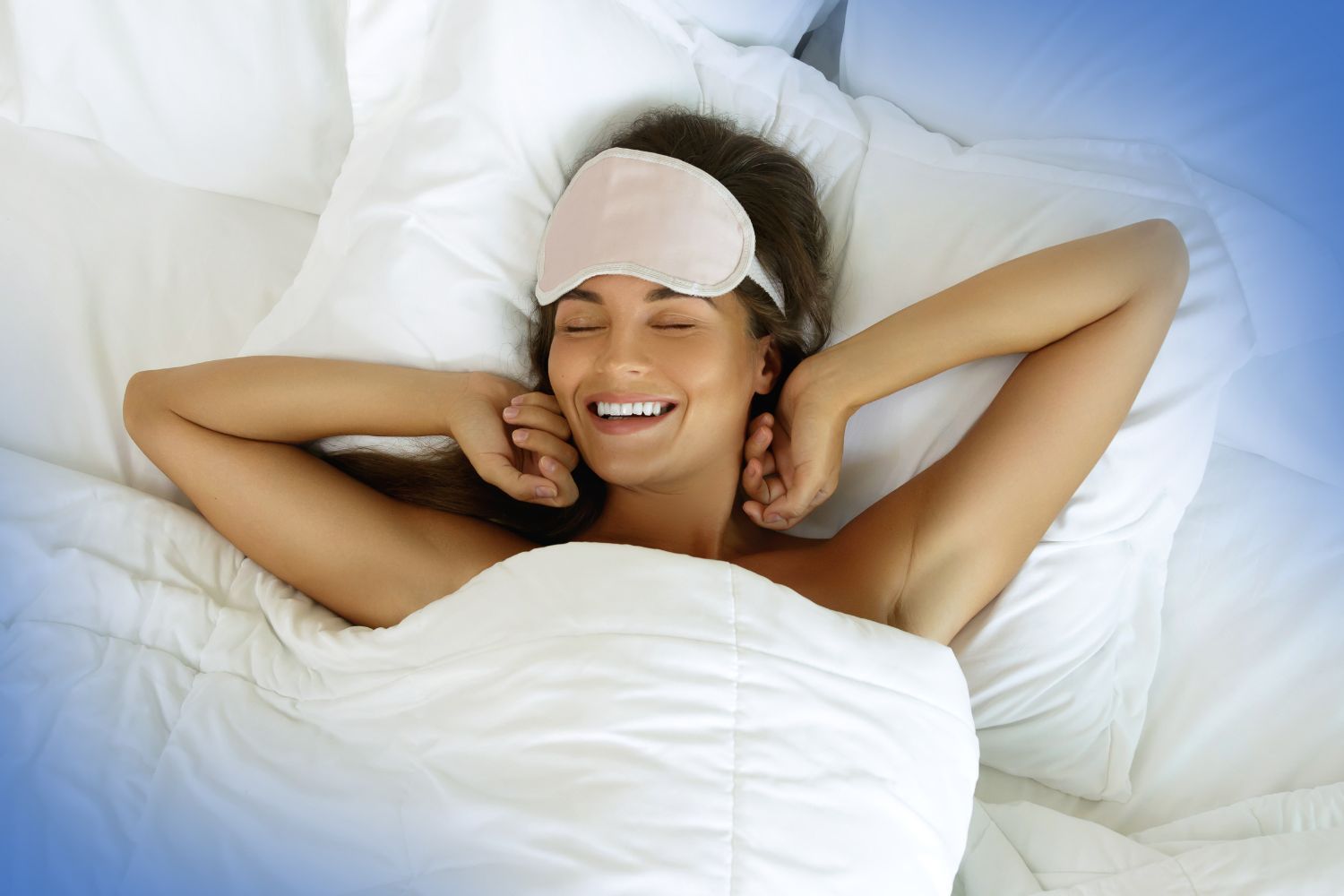The Surprising Link Between Sound and Memory – How Noise Shapes Your Brain While You Sleep
We all know that a good night’s sleep can make us feel refreshed, focused, and emotionally balanced. But what if the sounds you hear while sleeping could also shape your memory and brain performance the next day?
The latest research suggests that sound—yes, even the background noise you barely notice—can influence how your brain stores memories and processes information. From pink noise to spoken words and even ambient city hums, the right kinds of noise at night might actually be helping (or hurting) your brain more than you think.
Let’s take a deep dive into the fascinating science behind how noise impacts your brain—especially when you're asleep.
Sleep and Memory - What Happens at Night?
While you snooze, your brain is far from inactive. In fact, it's busy organizing and storing everything you’ve learned, felt, and experienced that day. This memory-consolidation process mainly happens during two stages of sleep: slow-wave sleep (deep sleep) and REM sleep.
During these stages, your brain replays certain neural patterns, essentially “rehearsing” what you learned earlier. This activity helps strengthen the connections between brain cells—transforming short-term memories into long-term ones.
And that’s where sound comes in.

How Noise Influences Brain Activity in Sleep
Studies have shown that specific sounds played during deep sleep can enhance these memory-forming processes. In one experiment, researchers played soft bursts of pink noise—a soothing sound with equal energy per octave—at timed intervals during deep sleep. The results? Test subjects not only had more slow-wave activity (deeper sleep), but also performed significantly better on memory tests the next day.
Why pink noise? Unlike white noise, which can be harsh or distracting, pink noise mimics nature—like rustling leaves or ocean waves. It offers a more natural, consistent background sound that encourages deep, uninterrupted rest and can synchronize with your brain’s own rhythms.
Other studies have used targeted memory reactivation, playing subtle sounds or even spoken words tied to a memory task while participants slept. Amazingly, the brain seemed to "replay" and reinforce those memories—without waking up the person.
Not All Noise Is Good Noise
But not all noise is beneficial.
Sounds like honking cars, barking dogs, or even a snoring partner can trigger micro-awakenings—brief, unconscious disruptions that prevent you from reaching deeper sleep stages. These interruptions can reduce the quality of your sleep and hinder your brain’s ability to process memories effectively.
Chronic exposure to night-time noise (especially in urban areas) has been linked to:
- Poorer memory retention
- Slower cognitive processing
- Increased risk of anxiety and depression
- Higher blood pressure and cardiovascular strain
The takeaway? It’s not just how long you sleep—it’s how well and peacefully you sleep.
Can You “Hack” Your Memory with Sound?
There’s growing interest in sound-assisted memory enhancement, especially among students, professionals, and anyone looking for a mental edge. While commercial solutions are still emerging, early results are promising.
Here are a few ways to try it yourself:
- Listen to pink noise before and during sleep to promote deeper rest.
- Use guided audio meditations or soundscapes linked to things you’re studying or want to remember.
- Keep your sleep environment consistent and quiet, avoiding sudden loud noises that can jolt you awake.
Some people also swear by “coffee naps,” binaural beats, or even whispering affirmations during early sleep stages—but the jury’s still out on these techniques.

Sleep Better & Remember More with SoundOff earbuds
If sound can help you sleep deeper and boost your memory, it’s worth protecting your nights from disruptive noise. That’s where SoundOff Sleep earbuds come in.
Designed with a patented pink noise soundscape and passive noise masking, SoundOff helps you block out unwanted noise (yes, including snoring) while encouraging more restorative sleep. Many users report falling asleep faster, waking up refreshed—and yes, even feeling mentally sharper.
Whether you’re cramming for a test, preparing for a big presentation, or just trying to reclaim your mental clarity, better sleep might be the most powerful tool you’re not using.
Because great sleep isn’t just about feeling rested—it’s about storing every amazing moment of your life.

































